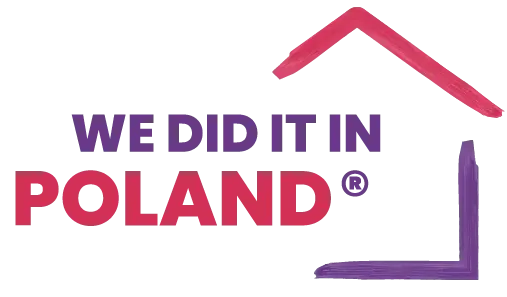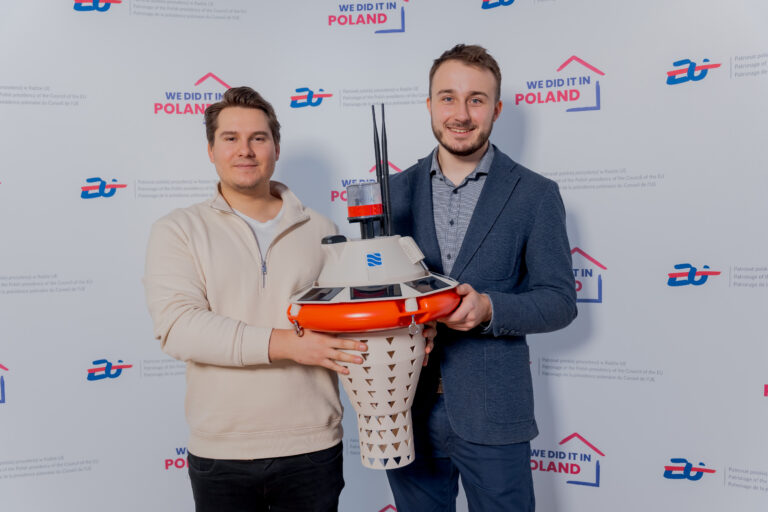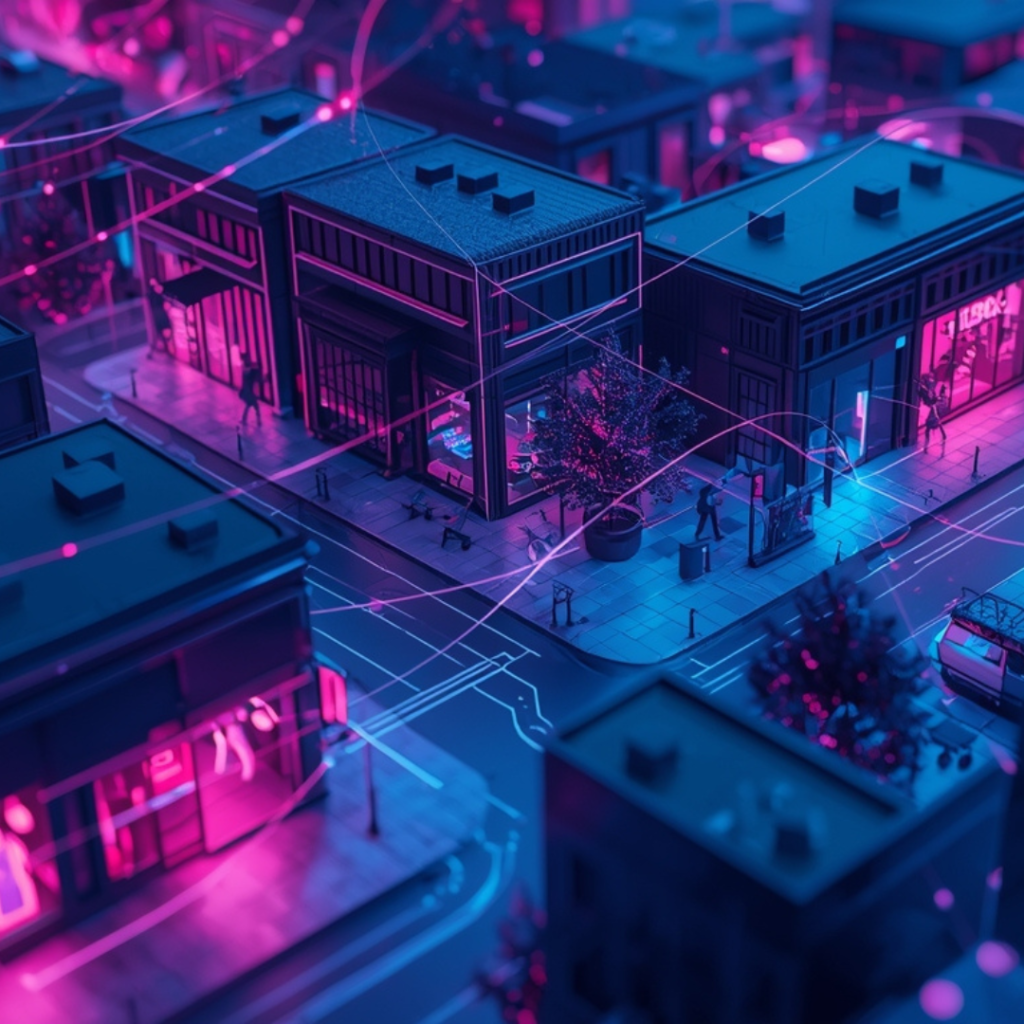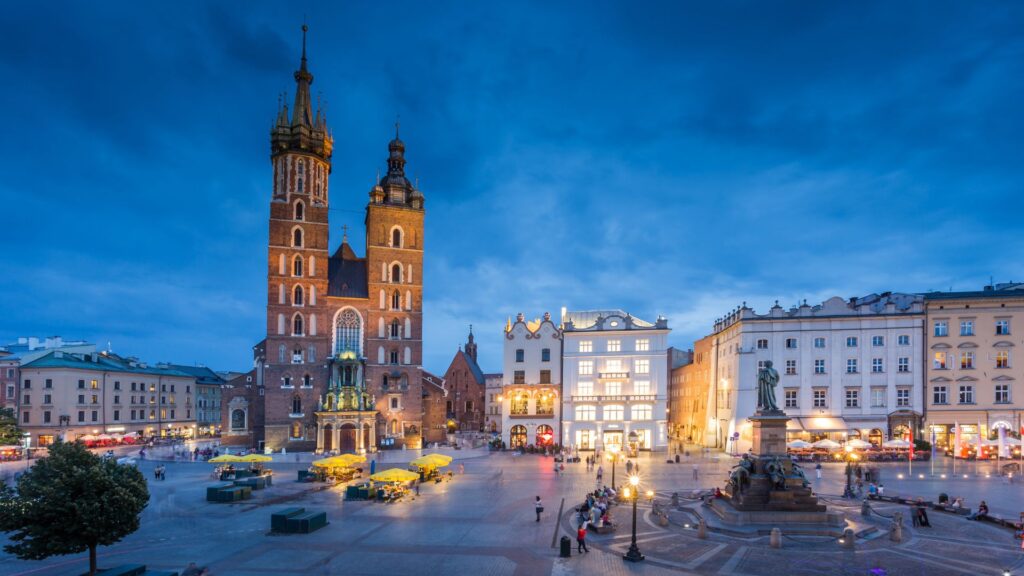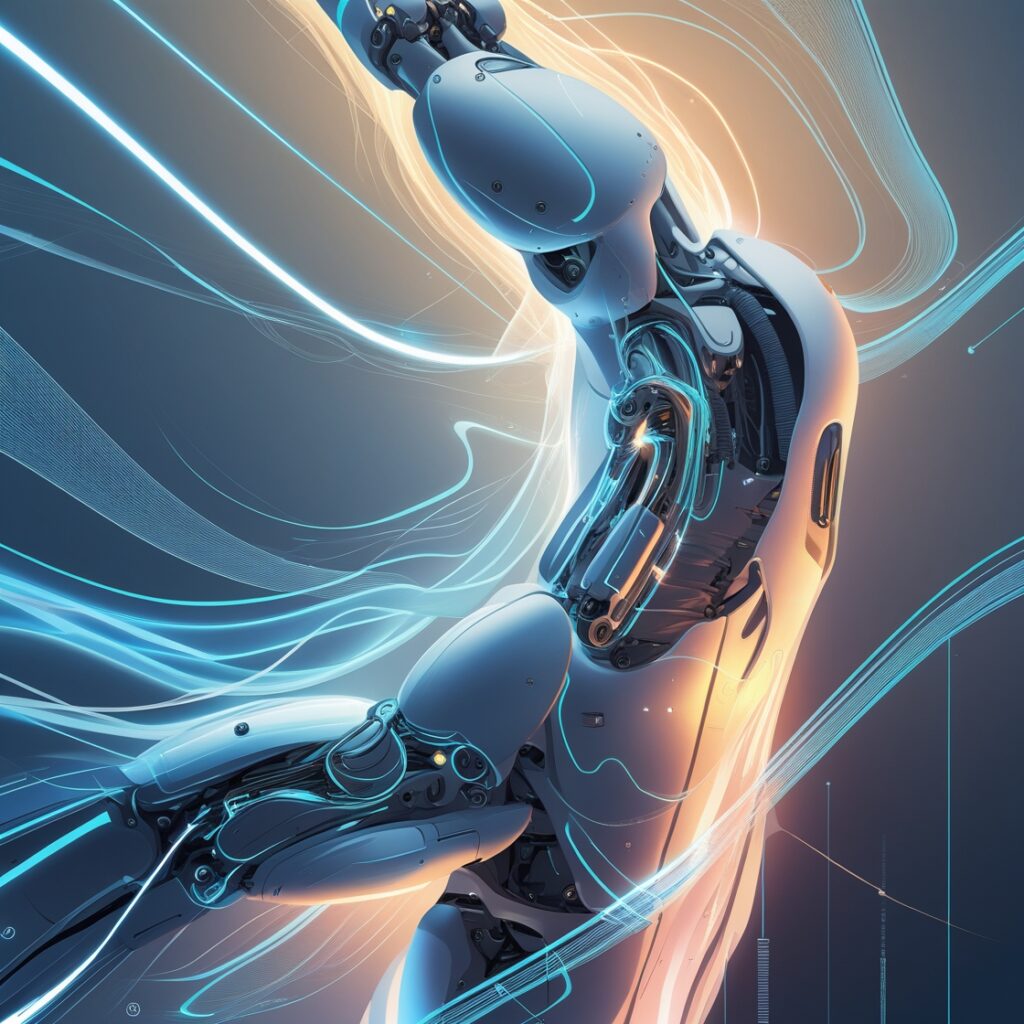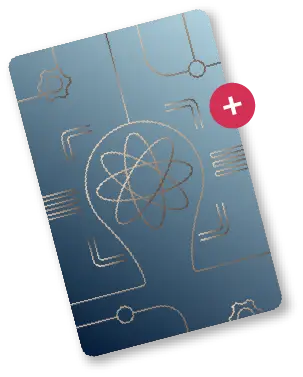Technology can be smart, spectacular, but these days it has to meet one more condition – it has to be responsible. Instead of words – data. Instead of declarations – implementations. Instead of “someday” – “now”. Here are 5 Polish breakthrough environmental technologies that are already starting to change the world – and are doing it smartly, scalably and scientifically.
WaterSense – artificial intelligence for rivers
What if the river could talk? To say that it is choking. That it is changing. That something is poisoning it. WaterSense is a Polish system that gives a voice to inland waters – and it’s a precise, digital and continuous voice. Autonomous measuring stations, sensors, artificial intelligence and the watermap.pl platform create the world’s first predictive water quality system.
In an era when 90% of rivers in the EU may soon fail to meet quality standards, and the Oder disaster of 2022 is still echoing – WaterSense is hope and concrete. We are no longer blind to our rivers. With this technology, aquatic ecosystems can finally be monitored as they deserve – non-stop, with laboratory accuracy.
Nirby – soil under control, nature in the balance
Fertilizers aren’t just crop yields. It’s also billions of tons of CO₂ emissions and wasted resources. Why? Because agriculture is still operating in the dark in many places.
Nirby is a Polish system based on AI, satellite data and drones that shows a farmer in 5 minutes what his field really needs. No more manual sampling, waiting 8 weeks and guessing. With Nirby, fertilizer goes where it needs to go and in exactly the right amount.
Fertilizer reductions of up to 40%, yields of +15% – all thanks to technology that connects the space to the field. This is the precision agriculture of the future, which is already in operation in Poland today.
Vidre+ – the sticker that saves food
A few centimeters long, it seems completely inconspicuous. But this tiny Vidre+ sticker can stop something huge – food waste. The technology from Fresh Inset works on fruits, vegetables, flowers and potted plants, extending their freshness, firmness and appearance.
And it does it in a trivial way – without changing the logistics chain, without great expense. With Vidre+, it is possible to transport avocados from Peru to Asia without loss of quality. This is more than an innovation – it’s a new quality of global food trade.
In a world where 1/3 of food ends up in the trash and billions of tons of CO₂ go into the atmosphere – such technology is ecology, economics and empathy all in one.
Molten® tire recycling that really works
Tires are the black spot of waste management. But Polish company Contec S.A. has come up with a way to turn this black mass into something useful – and without incineration. Their Molten® system uses pyrolysis assisted by… liquid salt.
The result? ConBlack® (recovered soot), ConPyro® (oil), ConWire® (steel) – and pyrolytic gas drives the whole process. It’s a closed-loop economy in its purest form.
It is also the first plant in the world to use molten salt for heat transfer in pyrolysis. It’s not only more efficient, but safer, greener and 100% scalable. This is what a true revolution in industrial recycling looks like.
mTAP Smart City – a smart street that saves energy
City lanterns shine all night. Only… do they have to? The mTAP Smart City system shows that they don’t. With advanced control algorithms and integration with IoT sensors, cities can save up to 35% of energy. And at the same time collect data on traffic, noise or air quality. Brilliant, right?
mTAP transforms city infrastructure into a smart data network that reduces emissions, improves safety and supports local budgets. Because sometimes the future starts with… an LED light bulb.
Poland is not the hinterland of innovation. Poland is their source
These five technologies show one thing: Poland is not only thinking about the future of the planet, but is already co-creating it. In line with the EU’s Green Goals, with science, in line with social responsibility. And if we want to leave the next generation a planet better than we found it, we need such solutions.
And good stories. And the best ones – are written by us. Poles. We Did It In Poland!
